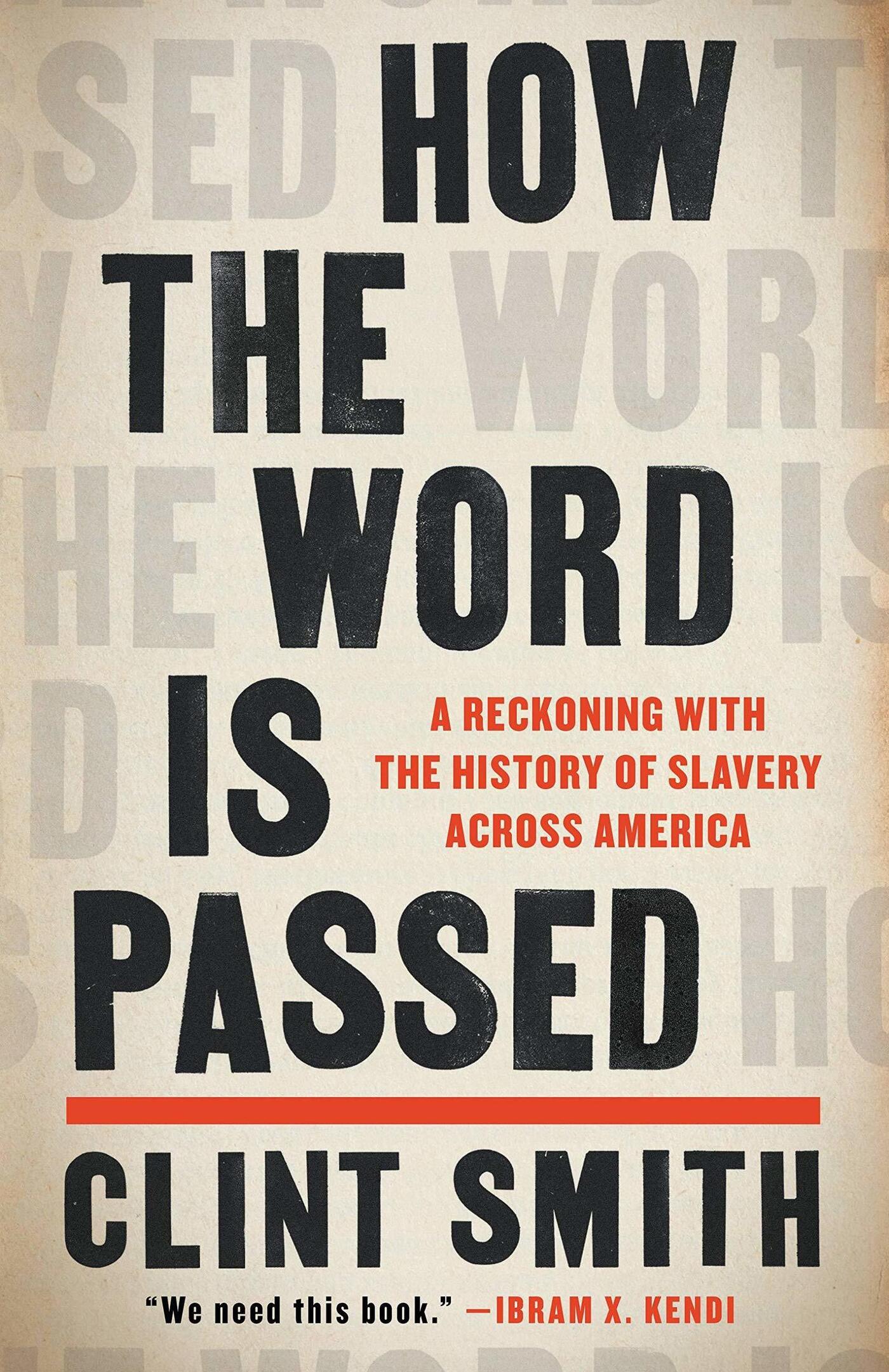The long-held myth goes that on June 19, 1865, Union general Gordon Granger stood on the balcony of Ashton Villa in Galveston, Texas, and read the order that announced the end of slavery. Though no contemporaneous evidence exists to specifically support the claim, the story of General Granger reading from the balcony embedded itself into local folklore. On this day each year, as part of Galveston’s Juneteenth program, a reenactor from the Sons of Union Veterans reads the proclamation at Ashton Villa while an audience looks on. It is an annual moment that has taken a myth and turned it into tradition.
Galveston is a small island that sits off the coast of Southeast Texas, and in years past this event has taken place outside. But given the summer heat, the island’s humidity, and the average age of the attendees, the organizers moved the event inside. A man named Stephen Duncan, dressed as General Granger, stood at that base of the stairwell, with other men dressed as Union soldiers on either side of him. Stephen looked down at the parchment, appraising the words as if he had never seen them before. He looked back down at the crowd, who was looking back up at him. He cleared his throat, approached the microphone, and lifted the yellowed parchment to eye level.
“The people of Texas are informed that, in accordance with a proclamation from the Executive of the United States, all slaves are free. This involves an absolute equality of personal rights and rights of property between former masters and slaves, and the connection heretofore existing between them becomes that between employer and hired labor. The freedmen are advised to remain quietly at their present homes and work for wages. They are informed that they will not be allowed to collect at military posts and that they will not be supported in idleness either there or elsewhere.”
All slaves are free. The four words circled the room like birds who had been separated from their flock. I watched people’s faces as Stephen said these words. Some closed their eyes. Some were physically shaking. Some clasped hands with the person next to them. Some simply smiled, soaking in the words that their ancestors may have heard more than a century and a half ago.
Being in this place, standing on the same small island where the freedom of a quarter million people was proclaimed, I felt the history pulse through my body.
